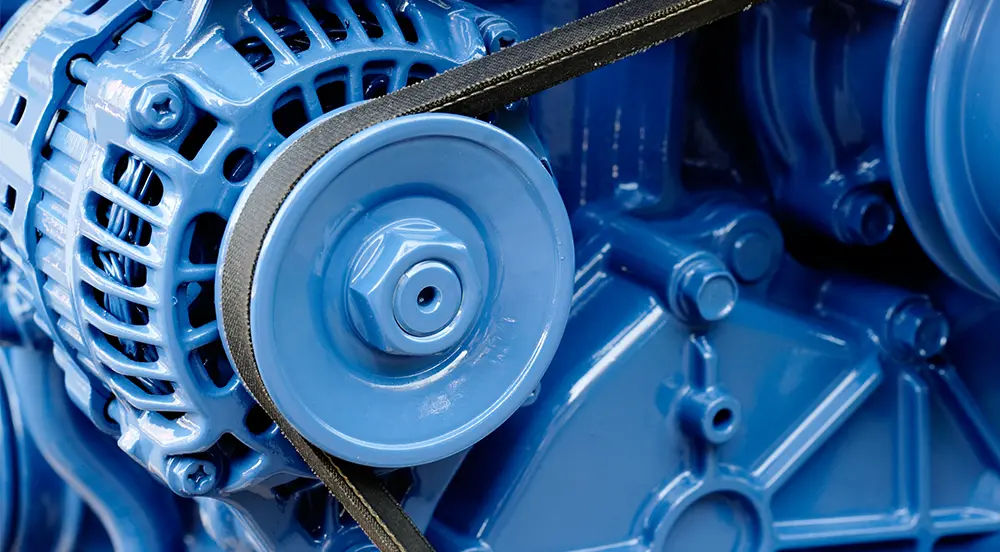
First and foremost, you should always refer to your comprehensively detailed diesel manual to answer any specific questions you may have about diesel maintenance. Buying a boat may be a big commitment, but owning a boat can be an even bigger responsibility. You have to protect your investment, and your engine, by following the advised diesel maintenance guidelines, even if it means spending a bit more time and money than you initially expected. Just to get you started, the two most essential engine components that should most frequently considered in terms of diesel maintenance are the lubrication system and the cooling system.
Lubrication System
Unlike a car which runs on gas, a boat runs on diesel, meaning the oil must be changed for every 100 hours of use it gets. This is due to massive quantities of carbon that can collect in the oil and strip it of its lubricating effect. Build up of sulfuric acid can also cause damage to the internal chambers of your engine if the oil is not routinely changed, which is another reason as to why you should always opt for highest possible quality brands for both your oil selection and filter choice. Failure to provide adequate filters and oil, or change the oil often enough, could result in irreversible damage to the engine, and the depreciation of the overall value of your boat.
Cooling System
Diesel engines function under a piston compression that is triple, or even quadruple, what a typical gas engine operates under (350-550 psi), meaning things can get very hot very fast. Hot temperatures without an efficient cooling system to balance them out can quickly spell engine failure. Experts estimate as many as 50% of incidents involving engine failure in boats are a direct result of lack of proper cooling system maintenance. Keep it clean, fill it full of properly formulated coolant solution, replace any broken hoses, and fix any leaks to ensure you extend the life of your engine as long as possible.
For more information on annual and seasonal operation, when to have your boat inspected, service recommendations, and other general advice on the dos and don’ts of owning your boat, turn to your diesel manual. Inside, you will find all the answers you need as well as in-depth explanations on how to maintain and when to replace key engine components you need such as system gaskets, engine alarms, exhaust temperature alarms, heat exchanger cooler, oil cooler, fuel cooler, fuel system, vent filters, aspiration system, and more, to ensure you never suffer from unexpected engine failure.
If you are considering the purchase of a new or used boat and are looking for a marine surveyor, call Christian today at 1.810.531.0992 or fill out the form in the sidebar to schedule your free consultation.